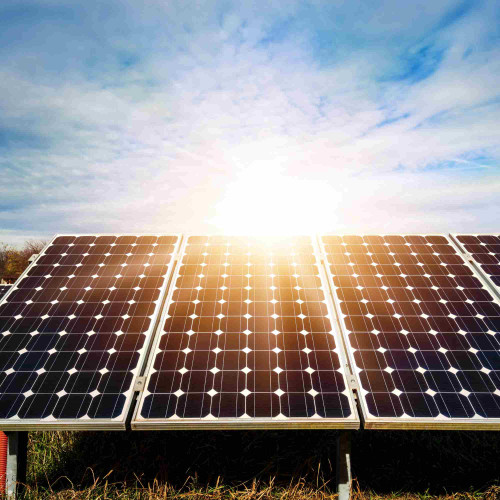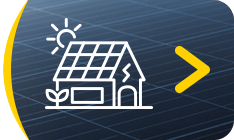- 23 Oct, 2017
- Solar Training

Electricity produced from the sun fuels numerous debates between supporters and detractors of this renewable energy. Arguments about costs, environmental preservation, and strategic importance are regularly undermined by sophists because they are presented individually. To better understand the benefits of using photovoltaic panels to produce electricity, it would be wise to present an overview of these different advantages.
The Cost Aspect
Many allegations circulating here and there claim that photovoltaic electricity is 2 to 3 times higher than the costs presented by the defenders of this renewable energy source, and that it is also more expensive than conventional energies. However, real data from the United States contradict these claims, as in 42 of the largest cities in this country, residential solar energy is more competitive, and predictions indicate that it will be on 80% of the world’s territory by 2017. Additionally, the emergence of new accessories such as the solar inverter will further reduce the costs of this electricity. Moreover, so-called conventional energies have hidden costs, particularly in terms of climate impacts and water pollution. Adding the expenses for repairing or managing these negative consequences of using conventional energies, their cost becomes even higher. On the other hand, photovoltaic energy causes very few nuisances.
The Environmental Issue
No sophist can deny that there is no comparison between renewable energies and so-called conventional energies (except for nuclear energy) in terms of CO2 emissions. Moreover, the production of photovoltaic energy does not emit any CO2 at all. Those who highlight indirect emissions will also be contradicted, as photovoltaics produce more energy than they consume. What the detractors of renewable energies forget is the water consumption for energy production. While this is almost nonexistent in the context of photovoltaic electricity, it is very significant in the production of conventional electricity, especially in nuclear power plants.
Advantages in Terms of Decentralization
Producing energy conventionally is only possible in specific places, which are limited in number. With the drawbacks this entails in terms of distribution efficiency and risks associated with distances, the use of photovoltaic panels is an ideal solution. Indeed, solar panels can be placed anywhere and power locations while being in their vicinity.
National Independence
The sun is available anywhere in the world, whereas conventional energy sources are concentrated in specific areas. This results in dependencies between countries and influence trafficking. Thus, the solar panel is no longer just a collection of photovoltaic cells, but it becomes a tool of independence and sovereignty.
Macroeconomic Perspective
Solar energy can generate many more jobs than so-called conventional energies, with a ratio of 14 to 6 for an investment of one million dollars. Furthermore, the proliferation of this new source will lead to capital movements that will revitalize financial markets. No need to be an expert to realize that the photovoltaic revolution is well underway. It would be wise for states to integrate it into their strategic development plans.











